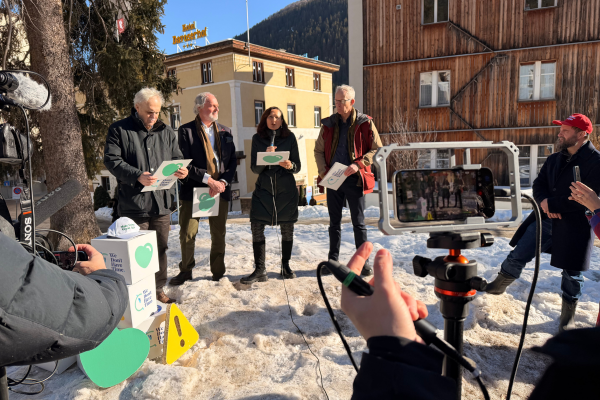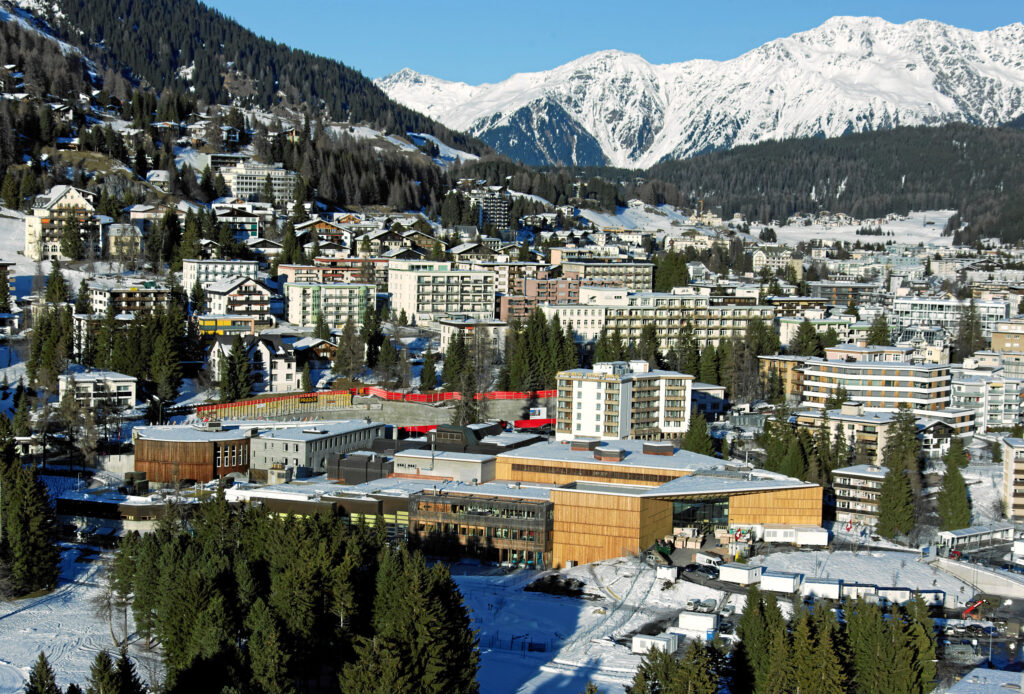Canada, as G7 President, urged to lead a multilateral effort before competition escalates into conflict
Critical minerals will be an important part of the discussion during the G7 summit in Kananaskis, Canada, 15-17 June. All G7 nations (Canada, France, Germany, Italy, Japan, the United Kingdom, and the United States) agree that securing critical minerals is a strategic priority. In 2023, the G7 emphasised “the growing importance of critical minerals for the clean energy transition and the need to prevent economic and security risks caused by vulnerable supply chains, monopolisation, and lack of diversification of existing suppliers of critical minerals.”
But how can critical minerals be secured fairly for all countries during the energy transition?
Amid intensifying trade wars, geopolitical tensions and surging demand a group of scientists and geopolitical experts have published a proposal for a “Global Minerals Trust” in the journal Science. The proposal outlines a cooperative system to ensure fair, sustainable, and conflict-free access to critical minerals.
Co-author Owen Gaffney, co-chair of Earth4All said, “Today’s global economic system is based on brutal competition, exclusion, price volatility and colonial dominance. We are proposing an alternative system based on cooperative resource governance. We want to prioritise fairness, transparency, justice and long-term resilience.”
The proposed trust would serve as a neutral platform for coordinating the sale and trade of critical minerals through transparent mechanisms, pooled investment, and benefit-sharing.
“We cannot risk trade wars and price volatility at a moment when we need to reduce emissions rapidly to reduce risk of dangerous climate change.”
The proposal emphasises that countries would retain full sovereignty over their mineral resources. The trust would agree to purchase minerals from producer countries, which would then be both stockpiled by the trust and sold to consumers (with some high-turnover minerals rented to encourage recycling).
The trust could help developing countries to build sustainable mining industries controlled by the countries themselves, reducing the power of western mining companies. The design of the system would manage for price volatility and geopolitical supply restrictions. Participating countries would all benefit from these outcomes and the system would be an alternative to cartel formation.
“The Global Minerals Trust is a paradigm shift in how the world manages materials that power the green transition—treating minerals not as commodities to compete over, but rather as shared planetary assets to steward responsibly,” said Gaffney.
The proposal is also detailed in a companion policy brief by the United Nations University.
“Without a shared framework, we risk deepening global inequalities, triggering unnecessary resource conflicts, and undermining our ability to deliver on climate goals,” said Prof. Saleem Ali, lead author and the Critical Minerals and Inclusive Energy Transition Lead at the United Nations University Institute for Water, Environment and Health (UNU-INWEH).
Published as G7 leaders prepare to meet in Kananaskis, Canada this month, the authors urge Canada to use its 2025 G7 presidency to champion the proposal and facilitate early-stage consensus among leading economies and producing nations. Canada’s rising interest in AI leadership, and its track record in responsible mining, environmental diplomacy, and multilateral engagement makes it a potential convenor, according to the authors.
“Critical minerals are the backbone of the Fourth Industrial Revolution, but they’re currently governed by systems that reward exploitation and exclusion rather than cooperation and sustainability,” said Prof. Kaveh Madani, Director of UNU-INWEH and a former Vice President of the UN Environment Assembly Bureau, and co-author of the two publications.
The trust could also enable circular economy models through leasing mechanisms, strategic stockpiles, and investment in mineral recycling—elements that are essential to reducing environmental harm.
The accompanying policy brief, published by UNU-INWEH, further outlines the potential roles of multilateral institutions, including the UN, G20, African Union, ASEAN, IGF, and World Bank, in operationalizing the Trust. It stresses the importance of including developing and resource-rich nations in both design and implementation.
Together, these two publications advocate for catalysing a new era of global cooperation—one in which access to the materials of the future is not dictated by power, but governed by principles.
Read the publications:
Science Policy Forum: Ali, S.H., Franks, D.M., Puppim de Oliveira, J.A., Madani, K., Gaffney, O., Anggraini, E., Wantchekon, L., & Zeng, X. (2025). Global Minerals Trust could prevent inefficient and inequitable protectionist policies. Science. doi: https://doi.org/10.1126/science.adv9841
UNU-INWEH Policy Brief: Ali S.H., Aczel M.R., Madani K. (2025) Building a Global Minerals Trust for a Just Green Transition, United Nations University Institute for Water, Environment and Health (UNU-INWEH), Richmond Hill, Ontario, Canada. doi: https://doi.org/10.53328//INR25SAL004
Read a Q&A with Owen Gaffney about the proposal here.



